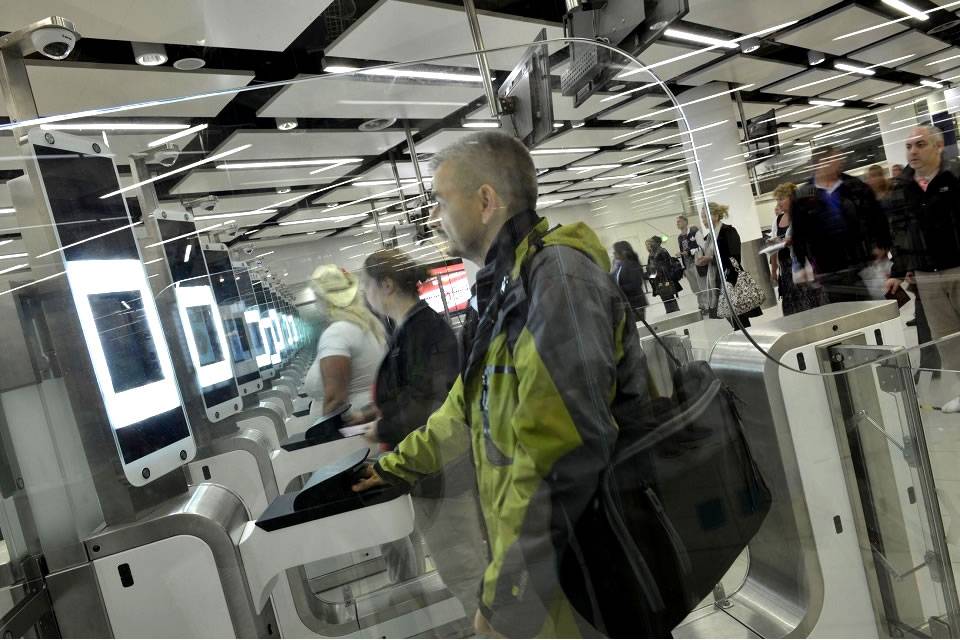UK Prime Minister seeks deal to open EU passport e-gates to British tourists
- 28-04-2023
- National
- Canarian Weekly
The British Prime Minister, Rishi Sunak, is set to ask EU countries to enable e-gates for British passports to avoid queues and decrease waiting time at European airports. According to a report in the Telegraph, the Government plans on calling on the EU Member States to follow the example led by Spain and Portugal and allow British holidaymakers to be able to visit these destinations using e-gates to make travel easier.
Sunak says he is dedicated to continuing the success of the Windsor Framework and improving relations with Brussels to facilitate smoother travel for UK holidaymakers.
The Prime Minister’s official spokesman, Max Blain, said. “We always want to look at ways to minimise unnecessary waiting times, whether it is coming into the UK or travelling overseas.”
On the other hand, British diplomats have recently had talks with the EU Commission about the consequences or delays that the new Entry/Exit System (EES) could have for UK travellers, as arrivals from outside the EU will have their fingerprints scanned and their pictures taken, all recorded on their first entry into the Schengen area and verified in their following visits.
Reintroducing passport stamps for Brits after Brexit has created havoc in airports, while the travel industry has warned that the biometric scans could cause even longer queues and more chaos for British holidaymakers when the system is finally launched.
Although no formal approach about a deal to open up passport e-gates for Brits, officials have already encouraged the countries to follow Spain’s and Portugal’s example, as both granted limited access to their e-gates for UK arrivals.
Being a third country after the UK’s exit from the EU, Brits can be required to show their return flight ticket, show proof of accommodation, and even prove they have enough money for their stay in the country, to be able to enter a European country.
This is all related to the 90/180-day rule that they are allowed to stay and, as the Foreign Office explains: “Border guards will use passport stamps to check you’re complying with the 90-day visa-free limit for short stays in the Schengen area. If relevant entry or exit stamps are not in your passport, they will presume that you have overstayed your visa-free limit, so it is in your interest to get it stamped.”
Other articles that may interest you...
Trending
Most Read Articles
Featured Videos
TributoFest: Michael Buble promo 14.02.2026
- 30-01-2026
TEAs 2025 Highlights
- 17-11-2025



























































